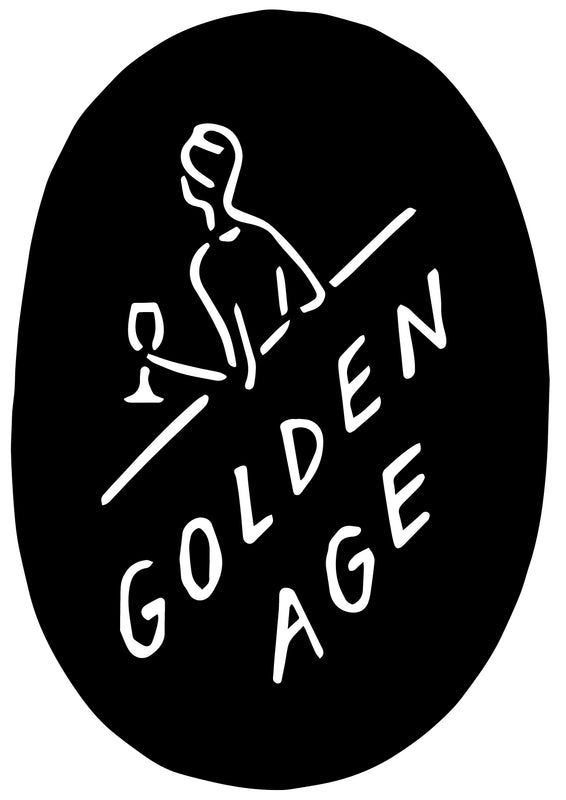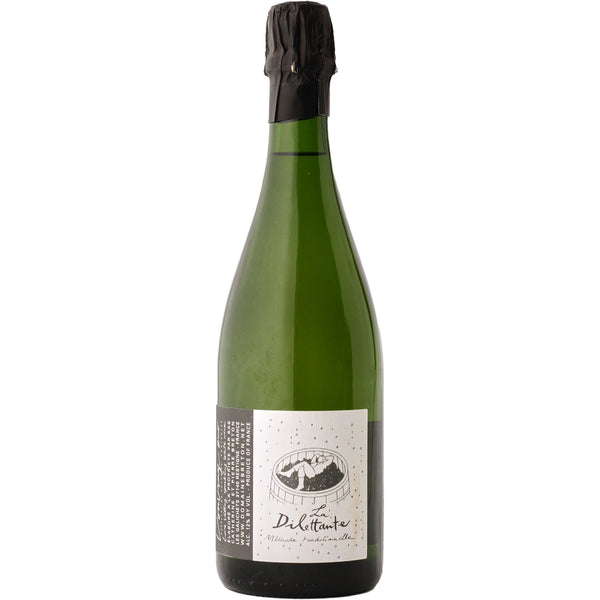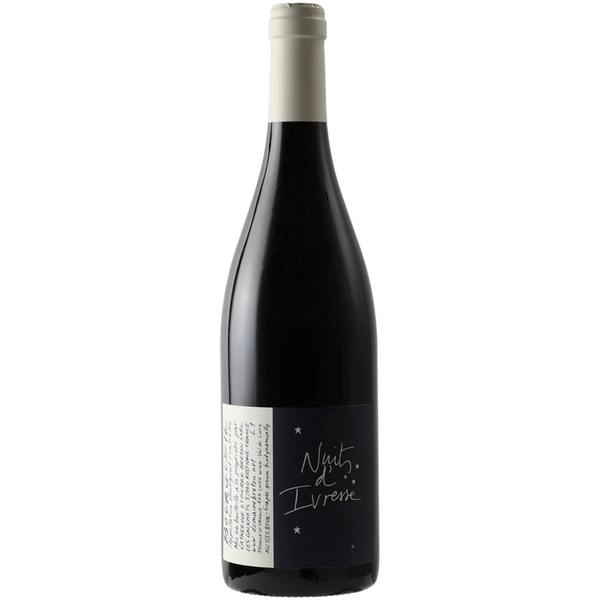Catherine & Pierre Breton
If you don’t already know, you need to know the wines of power couple Catherine and Pierre Breton. I was introduced to their impressive range very early on in my wine career. In the beginning weeks of my first job in wine, I was lucky enough to taste a 1996 Bourgueil cabernet franc from the Breton’s legendary vineyard, Les Perrières. In fact, this was the first true bottle-aged wine I had ever tasted. It was quite the introduction to the world of age-worthy, complex wines meant for the long haul. Flavors of black cassis, leather, mushroom, and spice all overwhelmed my senses, and it was the first time I experienced the more savory elements that can develop in a wine over time, what they call a wine’s tertiary characteristics. To this day, drinking well-aged “Les Perrières” remains at the top of the list when I recall my wine memories.
In that moment, I understood how special the wines of Catherine and Pierre Breton could be, and how many wines of the Loire Valley there were to which I had yet to be exposed. When we think of the Loire Valley, one of France’s classic wine regions - home to the larger-than-life Rabelais who celebrated the local wines as far back as the Renaissance in his timeless classics Gargantua and Pantagruel - it’s difficult to conceptualize the unified front that is the privilege of so many other French wine regions like Bordeaux, Burgundy, and Champagne. The Loire Valley is home to at least seven distinct sub-regions, ranging from the Atlantic-tinged, bone dry whites of Muscadet, to the sometimes ethereal, sometimes hearty reds and chenin blancs of the central zones, before reaching the sauvignon blanc country of Sancerre and Pouilly-Fumé that seem to garner the most inquiries out of any other appellation in our shop. In the world of natural wines, where the Bretons figure heavily, the Loire can seem similarly fragmented, absent the monotone influence of a single winemaker like Marcel Lapierre in the Beaujolais. Here instead, a group of individuals have pushed the region forward and initiated the important changes in winemaking we see today from producers in the Loire Valley. Catherine and Pierre are certainly counted amongst that group.
In the tradition of local and national hero, Rabelais himself, both Catherine and Pierre embody the bon vivant liveliness that is the mark not only of a passionate host and entertainer, but of a good vigneron too. In fact, Catherine has helped establish one of the most well-known and raucous wine fairs in all of France, La Dive Bouteil, which takes its name from a quote in Rabelais. The couple’s estate, which today comprises 11 hectares, is based in the small Loire Valley town of Restigné, east of Bourgueil. The vines are divided between the Bourgeuil appellation and some vines of chenin blanc in Catherine’s native Vouvray. The energetic couple seem to be constantly expanding their range ever since they took over Pierre’s family vines in 1989. They were introduced to the virtues of natural methods of winemaking by the aforementioned Marcel Lapierre, who encouraged them to pursue more conscientious farming and produce wines with no additives. They quickly achieved organic certification in 1991 before biodynamic certification in 1999. Total respect observed for nature here. In 1994, they put out their first and only sans soufre bottling called “Nuits d’Ivresse," or “nights of drunkeness” in French (don’t miss the 3 liter bottles on our shelves!!!). Pierre is sometimes thought of as the principle cellar master, though times have changed. Pierre now oversees the venerated, age-worthy reds that come from the estate’s prized sites, what the couple calls their wines of terroir. They further divide their production into what they term “natural wines”, or wines for easy consumption. This line includes Catherine’s project labeled “La Dilettante”, which is sourced from both estate and purchased fruit and makes up much of the Breton production today. Generally, Catherine favors a lighter, more youthful style heavily inspired by Lapierre’s own winemaking techniques, while Pierre tends towards the longer-macerated, more structured cabernet francs that made Bourgeuil famous. Today, their children Paul and France also contribute to production at the estate.
The Bretons have been tireless promoters of biodynamic viticulture and purity of style, and much is owed to them as we’ve seen the level of high-quality farming rise in the Loire Valley and beyond. It can seem difficult to talk about the state of wine today as well as the state of winemaking in the Loire Valley without mentioning certain names like the Breton’s. Any wine they make is a must-have in understanding where we stand today in French wine making. In Rabelais’s work from which the name La Dive Bouteil comes, the character abbreviates the word “divine” to “dive” to reference the otherworldly effects of wine. Grab a bottle of the Breton’s incomparable “Trinch” and enjoy… here’s to what’s divine in the bottle!
Cheers, Mack





